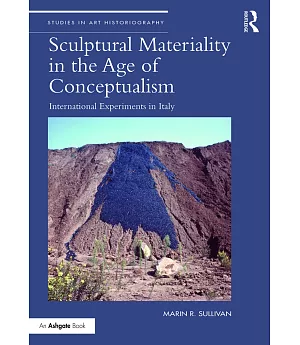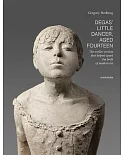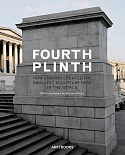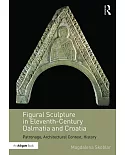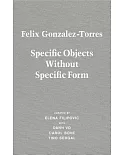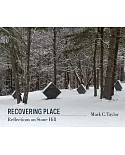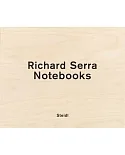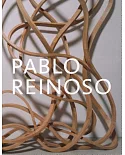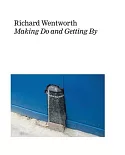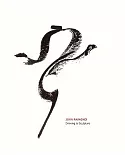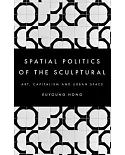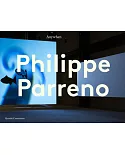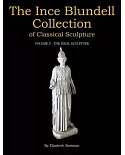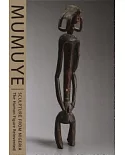Sculptural Materiality in the Age of Conceptualism is structured around four distinct but interrelated projects initially realized in Italy between 1966 and 1972: Yayoi Kusama’s
Narcissus Garden, Michelangelo Pistoletto’s Newspaper Sphere (Sfera di giornali), Robert Smithson’s Asphalt Rundown, and Joseph Beuys’s Arena. These works all utilized non-traditional
materials, collaborative patronage models, and alternative modes of display to create a spatially and temporally dispersed arena of matter and action, with photography serving as a connective,
material thread within the sculpture it reflects. While created by major artists of the postwar period, these particular projects have yet to receive substantive art historical analysis,
especially from a sculptural perspective. Here, they anchor a transnational narrative in which sculpture emerged, as a node, a center of transaction comprised of multiple material phenomena,
including objects, images, and actors. When seen as entangled, polymorphous entities, these works suggest that the charge of sculpture in the late postwar period came from its concurrent
existence as both three-dimensional phenomena and photographic image, in the interchanges among the materials that continue to activate and alter the constitution of sculpture within the
contemporary sphere.

